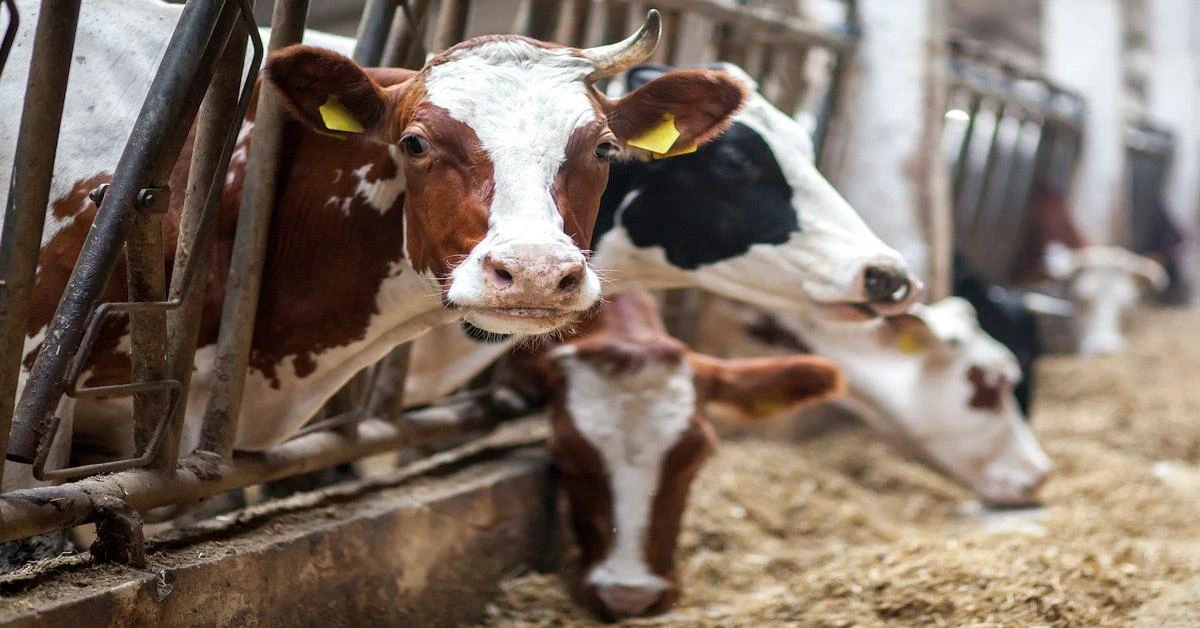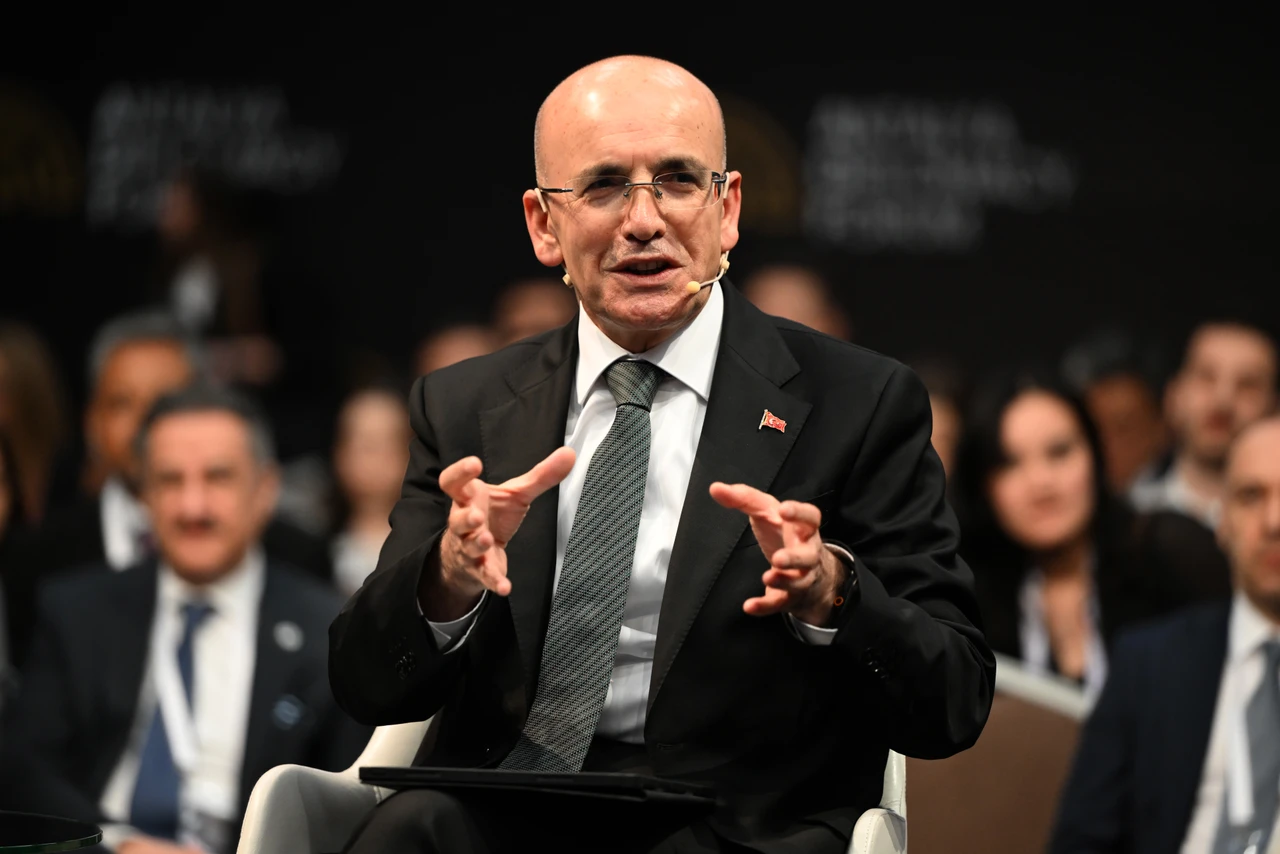Major banks’ role in expanding global livestock industry, reveals report

A recent report reveals major banks, including Bank of America, Barclays, and JPMorgan Chase, are significantly increasing funding to the industrial livestock sector, leading to a substantial rise in global meat and dairy production
A recent report has revealed significant financial support from global banks to major industrial livestock companies, leading to concerns about the sustainability of increased global meat and dairy production.
The U.K.-based campaign group Feedback conducted the study and observed a worrying trend in the agricultural sector, as reported by the Guardian.
According to the report, global meat production rose by 9% and dairy production by 13% between 2015 and 2021.
During this period, the world’s top 55 industrial livestock companies received an average of $77 billion annually in credit, which has significantly contributed to this growth.
Martin Bowman, policy and campaigns manager for Feedback, emphasized the urgent need for financial institutions to cease funding these industrial livestock operations to mitigate their environmental impact.
The report underscored the wide-ranging dangers of industrial animal agriculture, including its role in climate change, deforestation, pollution, animal cruelty, biodiversity loss, worker exploitation, public health issues and the spread of antibiotic resistance.
To meet the objectives of the Paris Climate Agreement, the report, referencing a survey of over 200 experts, stated that global livestock emissions need to peak by 2025 and decrease by 61% by 2036, particularly in wealthier countries.
Prominent financial institutions implicated in this trend include Bank of America, Barclays, and JPMorgan Chase.
Bank of America was identified as the top financier to these companies, providing nearly $29 billion in support.
The report also noted that big dairy companies such as Wells Fargo and ANZ bank were major financiers to leading dairy firms, contributing significantly to greenhouse gas emissions.
Furthermore, the report accused some banks of compromising their anti-deforestation policies. HSBC, Bank of America, and Rabobank were mentioned for providing financial support to Brazilian meat companies linked to deforestation, despite having policies against such practices.
In response to these findings, Barclays stated that it updated its financial policies in April 2023 to include restrictions on beef production in high deforestation-risk areas in South America.
Rabobank commented on its commitment to combating illegal deforestation but did not address individual cases.
HSBC emphasized the importance of differentiating between its customers and companies to which it is indirectly linked through shareholdings.
Marfrig, one of the companies implicated in the report, denied any connection with deforestation, citing third-party audits of its production process.
Minerva, another company mentioned, asserted its anti-deforestation efforts but acknowledged challenges in monitoring indirect supplier farms.
Major banks like Bank of America, Wells Fargo and JPMorgan Chase have not commented on the report.
The International Meat Secretariat responded by acknowledging the need for responsible development in the livestock sector, citing increasing regulatory controls and corporate social responsibility requirements.
Source: Newsroom



